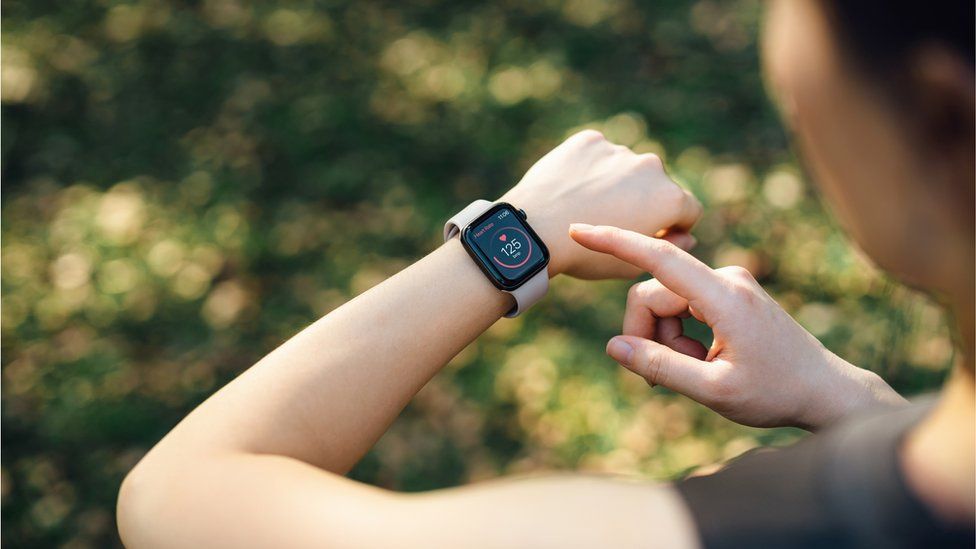According to a study, smartwatches could help detect Parkinson's disease up to seven years before symptoms appear.
Data from 103,712 smartwatch users were analyzed by Cardiff University's UK Dementia Research Institute team using artificial intelligence.
And between 2013 and 2016, they were able to foretell which individuals would eventually develop Parkinson's disease by observing their movement speed over the course of a single week.
This may eventually be employed as a screening tool, it is hoped.
However, more research comparing these results to other information gathered globally is required to determine its accuracy, the researchers write in the journal Nature Medicine.
Over many years, the brains of those who have Parkinson's disease deteriorate.
These signs include.
- uncontrollable tremors or shaking.
- slow motion.
- muscle rigidity and inflexibility.
However, frequently too much irreversible brain cell damage has already occurred by the time a diagnosis has been made.
Smartwatches may also provide a low-cost and accurate way to detect early-stage Parkinson's, according to study leader Dr. Cynthia Sandor, given that approximately 30% of the UK population wears them.
We've demonstrated that a single week's worth of data can forecast events up to seven years in the future, the researcher said.
"With these findings, we could create a useful screening tool to help with Parkinson's early detection.
"This has implications for clinical practice, allowing patients to access treatments at an earlier stage in the future when such treatments become available, as well as for research, improving recruitment into clinical trials. ".
The UK Biobank, a comprehensive health database of more than 500,000 people, provided the study with the data.
The study's lead author, Dr. Kathryn Peall, told BBC News that it seemed to be accurate and separate Parkinson's disease from other conditions that could impair movement, such as old age or frailty.
As a benefit of working with a dataset like the UK Biobank, she said, "We compared our model across a number of different disorders, including other types of neurodegenerative disorders, people with osteoarthritis, and other movement disorders, among others.".
"People who have been diagnosed with Parkinson's disease had different results. ".
However, it "will always remain an individual and personal choice" whether people should be informed they had Parkinson's years before symptoms appeared.
According to Dr. Peall, "where this work is potentially important to the field is that we ultimately hope that new therapies will be available that allow us to slow disease progression."







